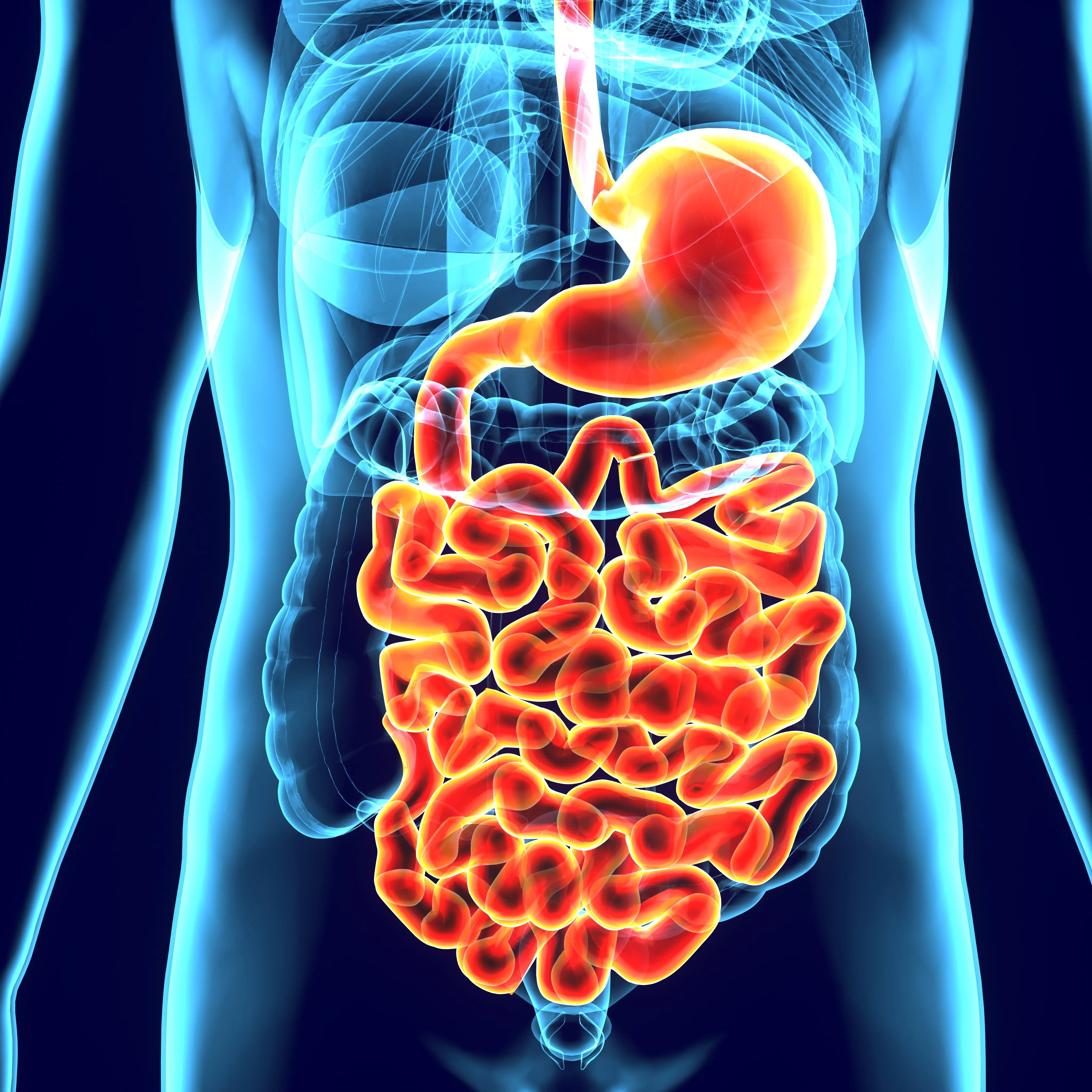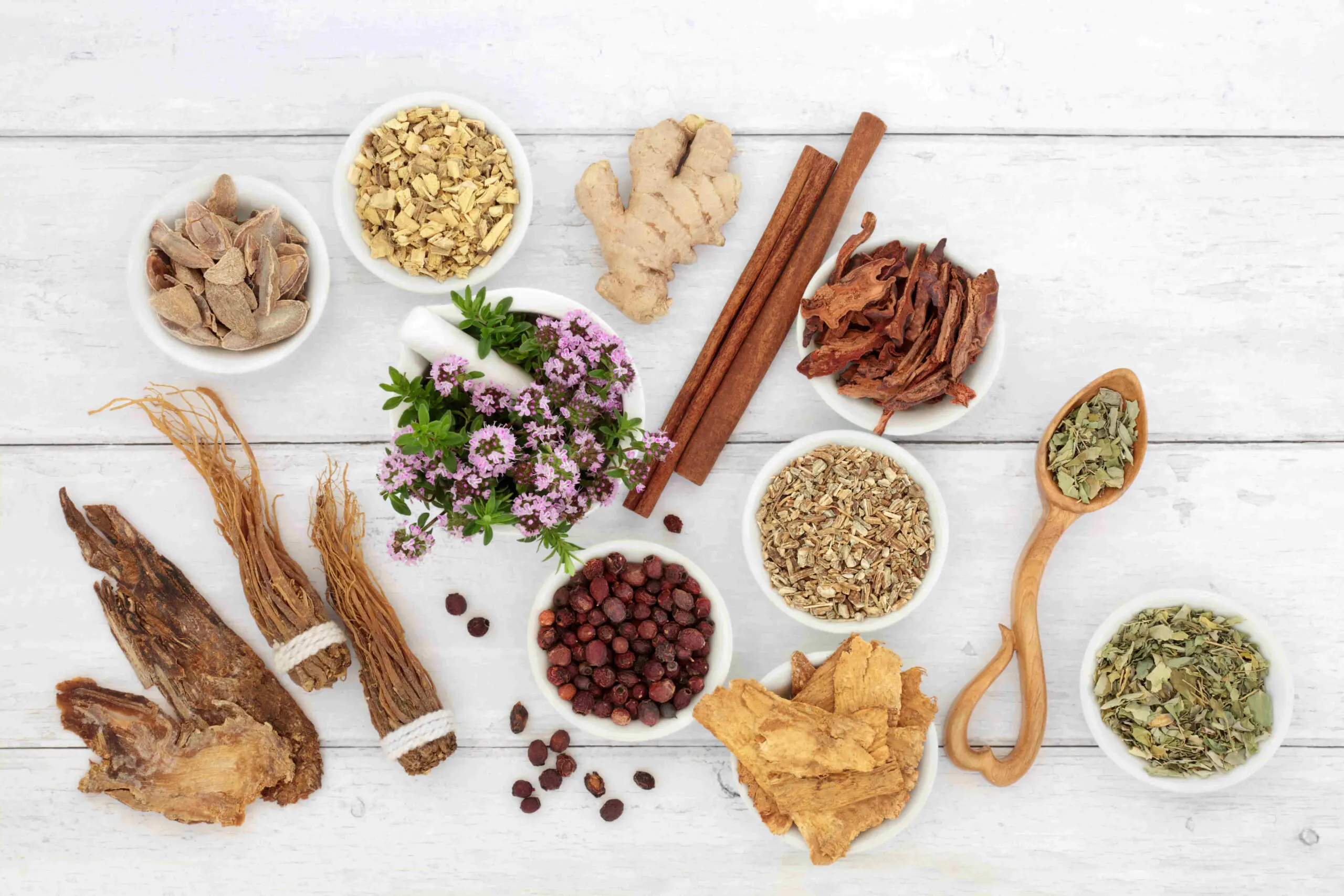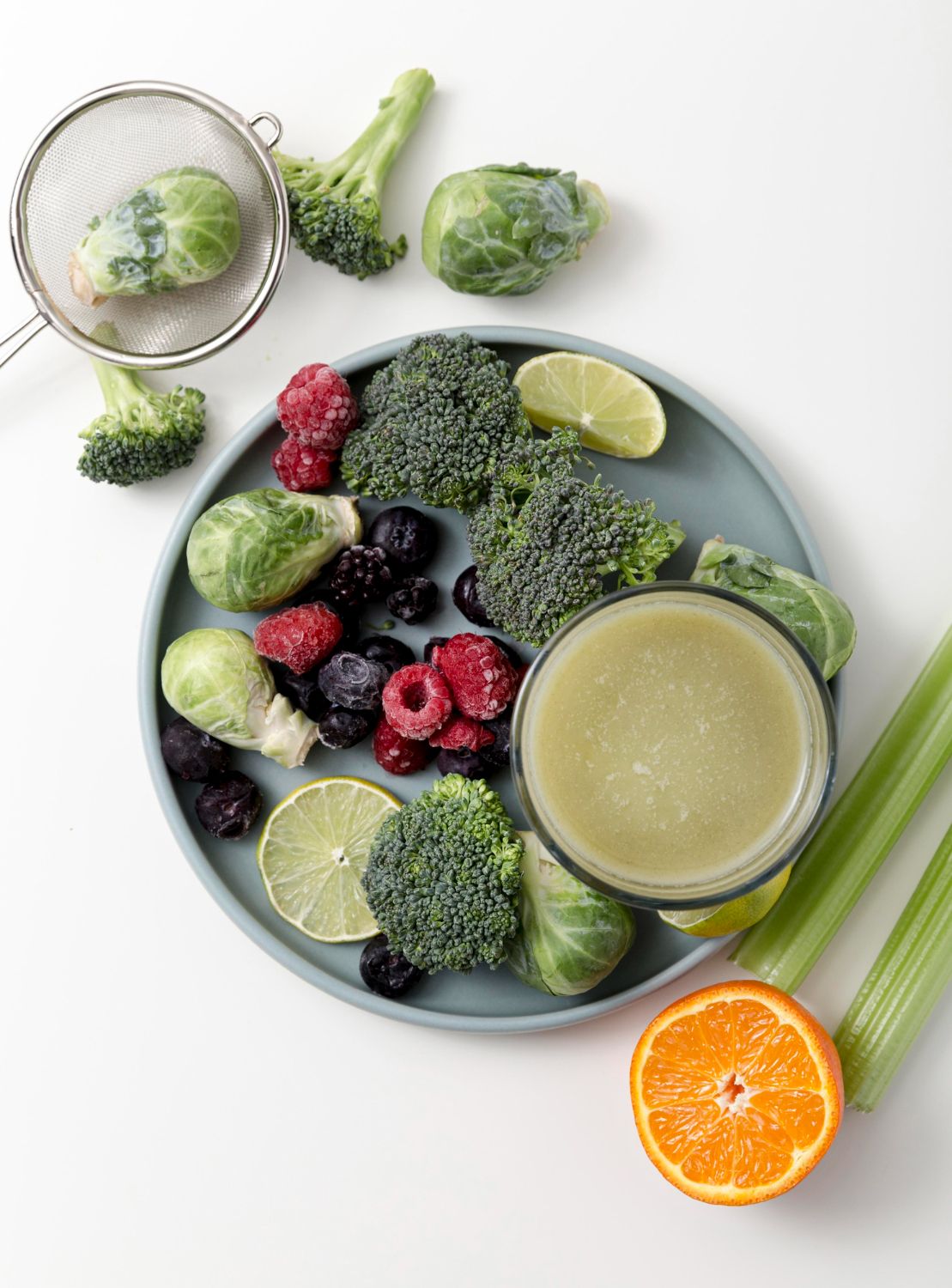Cinnamon is one of the oldest spices in the world and was already valued as a precious commodity in ancient times. Today, we use it to season not only desserts and hot drinks but also increasingly savory dishes. However, the brown powder apparently does more than just taste good – research is intensively studying its health effects.
Two types, a big difference
First, it is important to know: cinnamon is not just cinnamon. There are mainly two varieties available in the market. The cheaper cassia cinnamon originates primarily from China, Vietnam, or Indonesia and has a strong, slightly sharp taste. The higher-quality Ceylon cinnamon, also known as "true cinnamon," comes from Sri Lanka and has a finer, sweeter taste.
The crucial difference lies in the content of coumarin, a natural plant compound. Cassia cinnamon contains much more of it – and this is exactly where the problem lies: in higher doses, coumarin can burden the liver and should therefore not be consumed in large quantities. The Federal Institute for Risk Assessment recommends adults not consume more than two grams of cassia cinnamon daily. Ceylon cinnamon, on the other hand, contains only traces of coumarin and can be used more safely.
What's inside?
Cinnamon contains a variety of bioactive substances. Of particular interest are the polyphenols, secondary plant compounds with antioxidant properties. These can capture free radicals and thereby reduce oxidative stress – a mechanism that plays a role in the development of chronic diseases.
In addition, cinnamon provides essential oils, especially cinnamaldehyde, which is responsible for the characteristic scent and flavor. It also contains small amounts of manganese, iron, and calcium.
Blood sugar in focus
Research is particularly focused on the potential effect of cinnamon on blood sugar levels. Several studies suggest that regular cinnamon consumption could improve insulin sensitivity and lower fasting blood sugar. The mechanism behind this is not yet fully understood, but it is suspected to influence insulin receptors and glucose metabolism.
For people with type 2 diabetes or prediabetes, cinnamon could therefore be an interesting supplement – but by no means a substitute for medication or a balanced diet. The studies are not yet clear enough for definitive medical recommendations, and the effects vary individually.
Cinnamon: Anti-inflammatory and antimicrobial
The anti-inflammatory properties of cinnamon are also being scientifically investigated. Chronic inflammatory processes in the body are considered contributors to numerous diseases, from cardiovascular problems to neurodegenerative conditions. The antioxidants contained in cinnamon could have a preventive effect here.













_1500x2250_150_RGB-2.webp)

